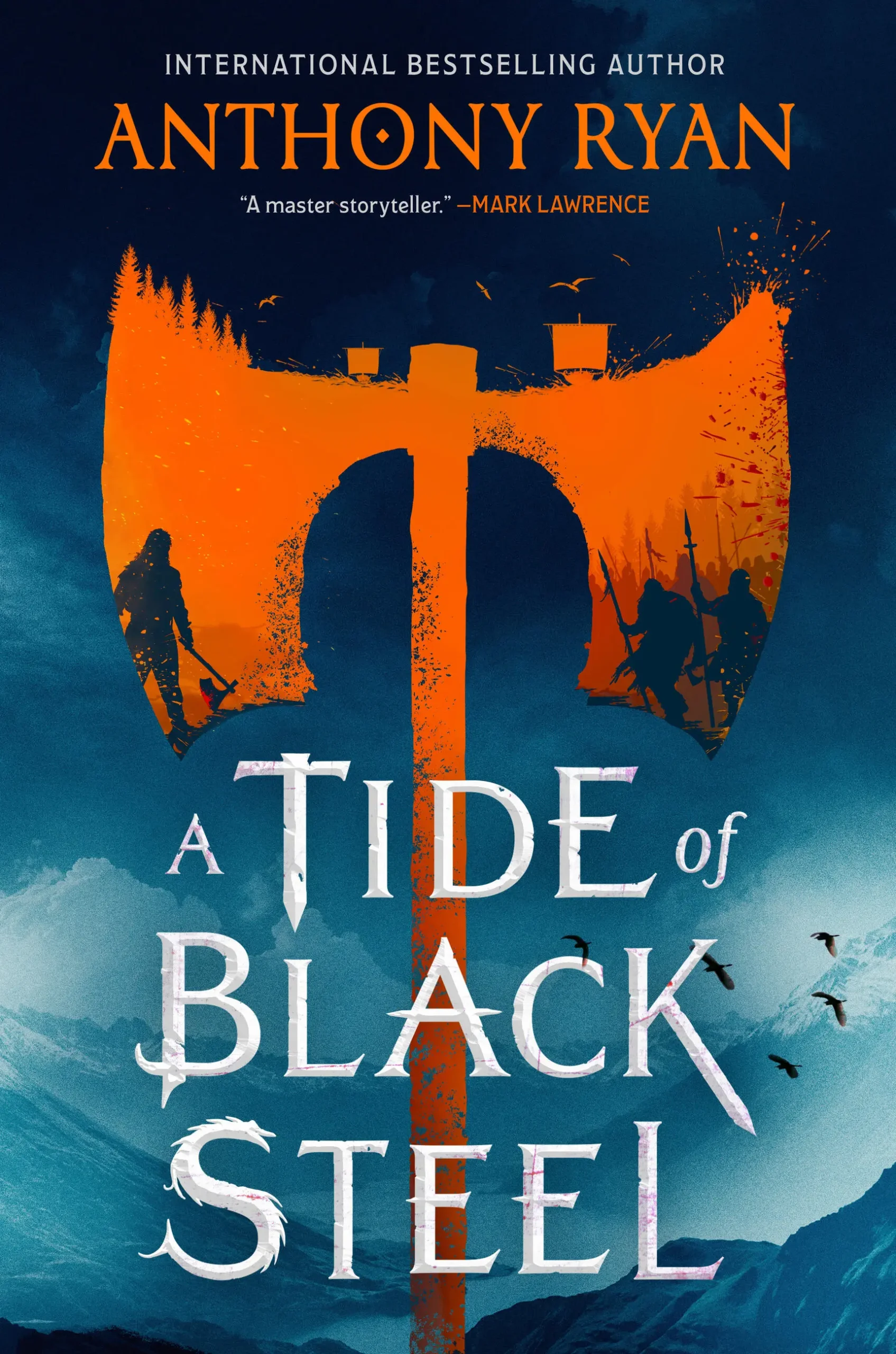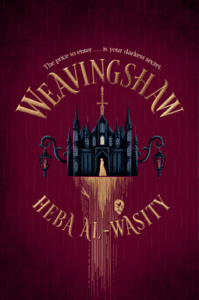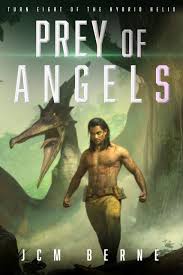
Synopsis
From the international bestselling author Anthony Ryan comes the spectacular first novel in a new epic fantasy trilogy inspired by Norse mythology.
A new age has dawned. An age of blood and steel. An age of wrath.
“A gripping epic.” ––Publishers Weekly
The land of Ascarlia, a fabled realm of bloodied steel and epic sagas, has been ruled by the Sister Queens for centuries. No one has dared question their rule.
Until now.
Whispers speak of longships of mysterious tattooed warriors, sailing under the banners of a murderous cult of oath-breakers long thought extinct. A tide of black steel that threatens to vanquish all in its path.
Thera of the Blackspear, favored servant of the Sister Queens, is ordered to uncover the truth. As Thera sails north, her reviled brother, Felnir, sets out on his own adventure. He hopes to find the Vault of the Altvar – the treasure room of the gods – and win the Sister Queens’ favor at his sister’s expense.
Both siblings – along with a brilliant young scribe and a prisoner with a terrifying, primal power – will play a part in the coming storm.
The Age of Wrath has begun.
For more from Anthony Ryan, check out:
Covenant of Steel
The Pariah
The Martyr
The Traitor
Review
Tide of Black Steel by Anthony Ryan is the follow-up to his acclaimed Covenant of Steel, a trilogy I read last year, and it completely knocked me out. Set in the same world with a different cast of characters in a previously only touched-on region, Tides of Black Steel does its part to answer questions that lingered as well as push the narrative forward in new directions—both familiar and unexpected.
Whereas Covenant was a masterclass in the use of first-person perspective, Tides is a multi-POV epic where each story seems only tangentially related until the middle of the book and then even more closely related at the end. Thera and her brother Felnir provide a close look at Ascarlian culture and power dynamics, and it is through their interactions with the Sister Queens, their grandfather, and each other that we uncover much of what happened that remained unanswered in Covenant of Steel. Both Elvine and Ruhlin provide outsider perspectives to their narrative arcs, though I will not spoil those.
I found that the story was very easy to follow even though each story starts as distinctly separate parts before merging into the whole. In fact, much of this book, though action-packed, seems to be laying the groundwork for future entries in this series, and the cliffhanger ending only amplified the feeling of “you think you understand? Ha!”
This story continued the brutality and worldbuilding present in Covenant of Steel. It is no surprise that Ryan has managed to earn acclaim by meshing together bits and pieces of feelings and storylines and creating something greater than the whole. You could make the argument that this work exists to both enhance and be enhanced by what came before it—making the world itself feel far more alive than either one of them could do alone.
As far as what didn’t work for me? It’s nitpicky but two-fold.
One is that I read Shadow of the Gods right before this and Hall of Bones beside it. I was going “RAWWWRRR VIKINGS” and while this book does indeed contain some nods to Norse and perhaps Scottish culture, the elements didn’t always come through in a way that truly differentiated Ascarlia from Albermaine. Not that it was bad or even lesser because of it, it is fine for a work to have a different focus, but it was not what I was expecting.
The other was the same issue readers often have when starting a new series by the same author. “It’s not the same.” It reminds me of when my band released an EP that mostly included songs that were re-recorded from our Demo with some changes. Most people loved it, but those who had an emotional attachment to what came before sometimes struggled to adapt. And I think that’s where I am as a reader, and I don’t know that it is Anthony Ryan’s fault at all.
Truly, if you enjoyed the brutal betrayal, bloodshed, and battle of Covenant of Steel, you will enjoy this. I certainly did. If you go into it expecting it to be what you’ve seen before, you will be surprised, and Anthony Ryan shows exactly why he is so versatile in this entry in his already much regarded and impressive bibliography. urna.







Leave a Reply